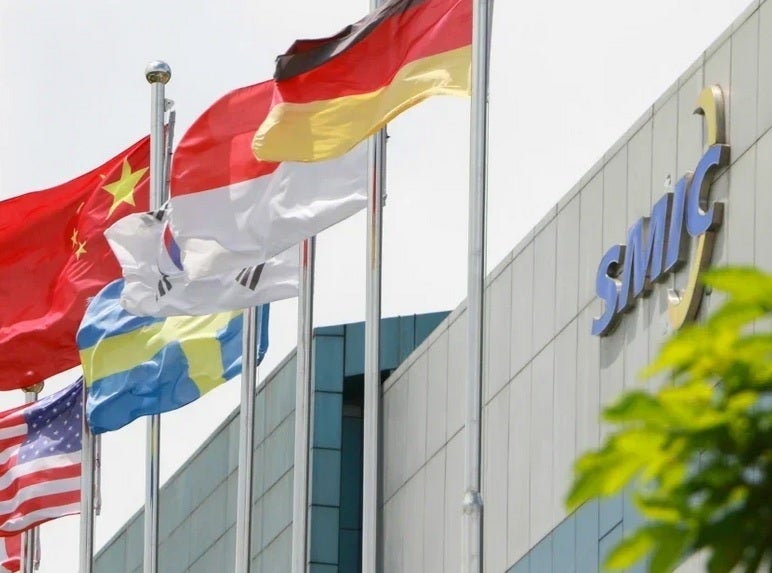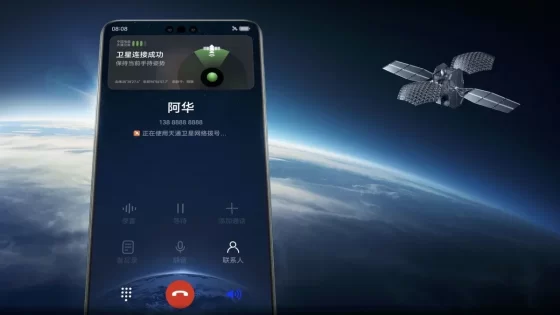In wake of Huawei’s 5G chip breakthrough, U.S. promises to protect national security،
US Commerce Secretary Gina Raimondo was asked this
week about the US reaction to Huawei's announcement of the Mate 60 Pro in August. The phone is powered by the 7nm Kirin 9000s 5G chipset. Huawei was supposedly unable to procure cutting-edge chips because of US sanctions. The chip, which was built by China's largest foundry SMIC, uses an older process node that gives it a lower transistor count than chips designed by Apple, Qualcomm and others.
Yet the news that the Huawei Mate 60 Pro is the company's first 5G phone since 2020's Mate 40 line has U.S. lawmakers and officials besides themselves wondering how Huawei was able to thwart U.S. sanctions to build a 5G chipset. All three previous flagship models made by Huawei, the P50
series and the Mate 50 from 2022, as well as the P60 line from 2023, used Qualcomm's Snapdragon chips that were modified to not work with 5G signals. Huawei has received a license to import these chips.
Monday, in an interview with
Bloomberg News, Raimondo said: “Whenever we see something concerning, we investigate vigorously.” The Commerce Department secretary called Huawei's ability to obtain 5G Kirin 9000 chips “deeply concerning.” In Washington, Republicans say the development of the Kirin 9000 and SMIC's ability to manufacture it violate sanctions against Huawei and that the United States should retaliate by completely cutting off SMIC and Huawei from American suppliers.
China's largest foundry SMIC reportedly produced 7nm 5G Kirin 9000s chip using DUV machine
Huawei, already on the Entity List because it poses a national security threat and therefore unable to do business with its US supply chain, had to develop its own HarmonyOS operating system after being blocked from making business with Google and its Android software. It also developed its Huawei mobile services for its equipment ecosystem.
“Investigations take time,” Raimondo said. “You know, we need them to stay. We need to gather information. So at this point, all I will say is that this is concerning and we will take all the strongest measures possible to protect the 'America.” Bloomberg reported in October that the Kirin 9000s chipset was manufactured by SMIC using deep ultraviolet (DUV) lithography that can etch circuit patterns on chips as small as 7nm.
More advanced chips, like the 4nm and 3nm application processors used in some current Android and iOS flagships, require the use of an extreme ultraviolet (EUV) lithography machine made by a single company, the Dutch company ASML. US export rules prevent the EUV machine from being shipped to China. Some DUV machines can still be shipped to China.
On how ASML cooperates with the United States, Raimondo said: “We are in fairly regular contact with the Netherlands and with ASML because they are our partners in these export controls. I speak to them quite regularly, not just about this investigation. “
Chinese Foreign Ministry spokeswoman Mao Ning told a regular news briefing in Beijing on Tuesday that “the United States has repeatedly abused export control measures, and this is not not in the interest of global and industrial supply chains.”

















